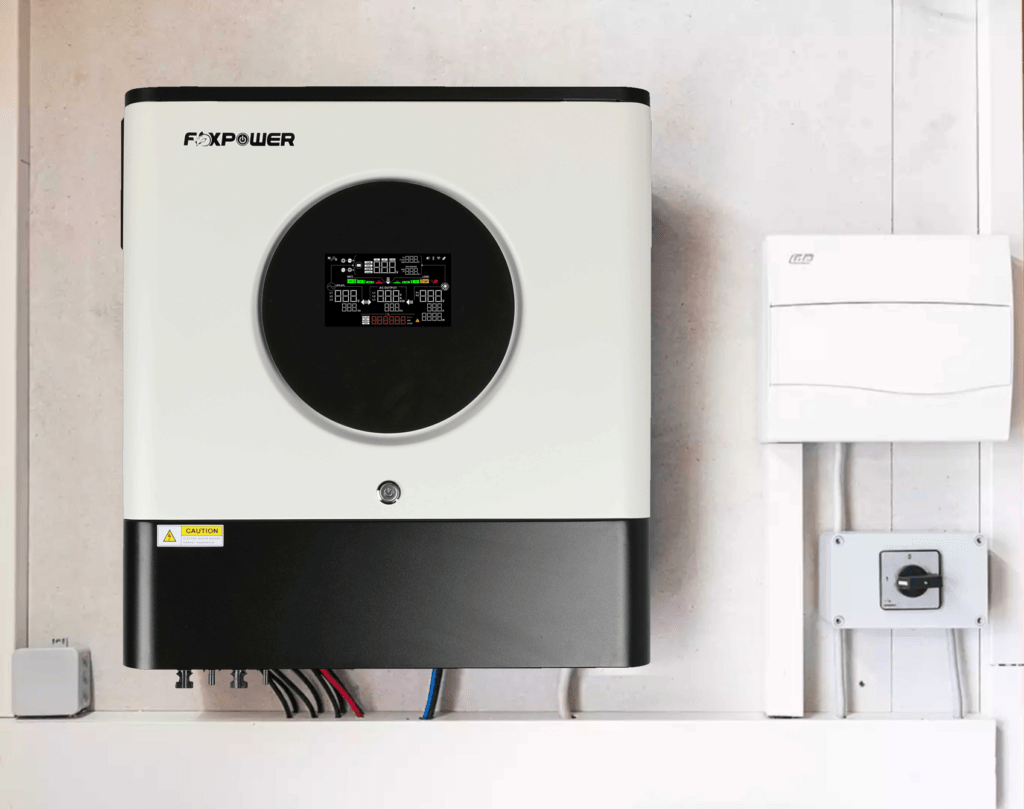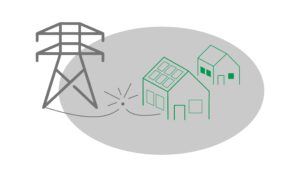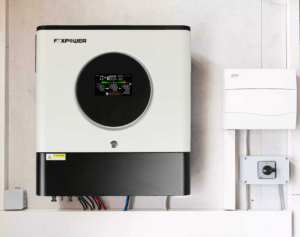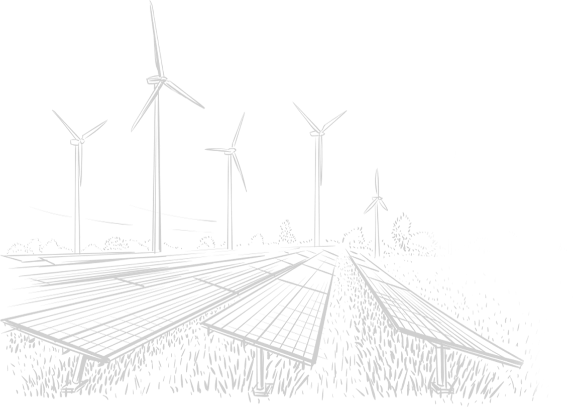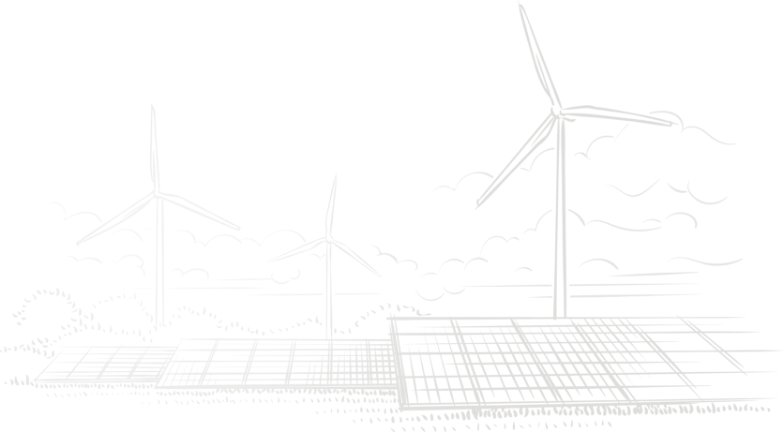Usually, when you least expect it, there is a sudden power outage while cooking, browsing the internet, or watching your favorite movie. It is at such moments that photovoltaic systems with backup power functions come into play. Even during power outages, solar systems can ensure seamless energy supply, providing important energy support and reliability for households and businesses. Solar energy systems convert sunlight into electrical energy, providing electricity for various devices and appliances, and can continue to operate even in the event of traditional grid interruptions.
During a power outage, solar energy systems operate by utilizing energy storage solutions such as lithium-ion or lead-acid batteries to ensure continuous power supply. Throughout the day, solar panels convert sunlight into direct current (DC) electricity, which is then stored in the batteries for later use. When the grid experiences an outage, the solar energy system automatically switches to using the stored energy to power essential loads in homes or businesses. This independent operation mode allows solar energy systems to function autonomously, providing electricity for critical needs like lighting, communication devices, and select household appliances during power interruptions.
In this operational mode, solar energy systems disconnect from the traditional electrical grid and function as standalone micro-grids. They are capable of meeting basic electricity demands independently, relying solely on renewable energy sources to continuously generate electricity. The key principle behind solar energy operation during a power outage lies in harnessing renewable energy continuously and utilizing energy storage systems to deliver power as needed, ensuring stable energy supply during grid disruptions.
During a power outage, the ability of a photovoltaic (PV) system to continue generating electricity automatically depends on the type of inverter installed. Grid-tied PV systems without battery backup typically rely on inverters that are designed to shut down for safety reasons when the grid goes down. This is to prevent sending electricity back into the grid and posing a safety hazard to utility workers. However, PV systems with battery backup or hybrid inverters equipped with anti-islanding capabilities can continue to operate during a blackout. These systems are designed to detect grid outages and seamlessly transition into island mode, where they draw power from the solar panels to charge batteries and supply electricity to critical loads within the premises. The ability of a PV system to function during a power outage underscores the importance of selecting the appropriate inverter technology and backup solutions based on the desired level of resilience and energy independence.
Combining a solar energy system with battery storage is immensely useful for providing whole-home power during a blackout. When the grid goes down, the solar system continues generating electricity, with excess energy stored in batteries for use when needed. This integration harnesses renewable energy, enabling households to operate independently during power outages, maintaining essential functions and communication devices. Battery storage systems also offer intelligent energy management, adjusting power supply priorities based on demand to ensure critical loads receive priority, providing maximum convenience and safety.
Furthermore, the combination of solar energy systems with battery storage offers dual economic and environmental benefits. By reducing reliance on the traditional grid, households can lower energy costs and decrease fossil fuel usage, reducing carbon emissions and positively impacting the environment. Over time, the investment in such systems yields significant returns, providing long-term energy cost savings and sustainability for households. Therefore, integrating solar energy systems with battery storage represents best practice in providing comprehensive home power support and is a crucial step towards a greener, more sustainable future.
A photovoltaic (PV) system equipped with backup power capability offers significant returns and value during power outages. When the grid goes down, these systems can continue providing electricity to homes, keeping critical equipment and facilities operational. This capability enhances comfort and safety for households while also providing independence from reliance solely on the traditional grid. Additionally, PV systems with backup power functionality can deliver economic returns by reducing energy bills and decreasing dependence on conventional energy sources. Over the long term, the investment in solar energy systems pays off while also reducing carbon emissions, lowering household environmental impact, and achieving dual economic and environmental benefits.
Statistics show that there were 168,000 power outages in Germany in 2018, lasting an average of 14 minutes (source: Bundesnetzagentur Deutschland [German Federal Network Agency]). A photovoltaic system with backup power function means you can bridge small outages such as those, without even noticing. And with an additional storage system, you’ll never be left sitting in the dark, even if there’s a power outage.

